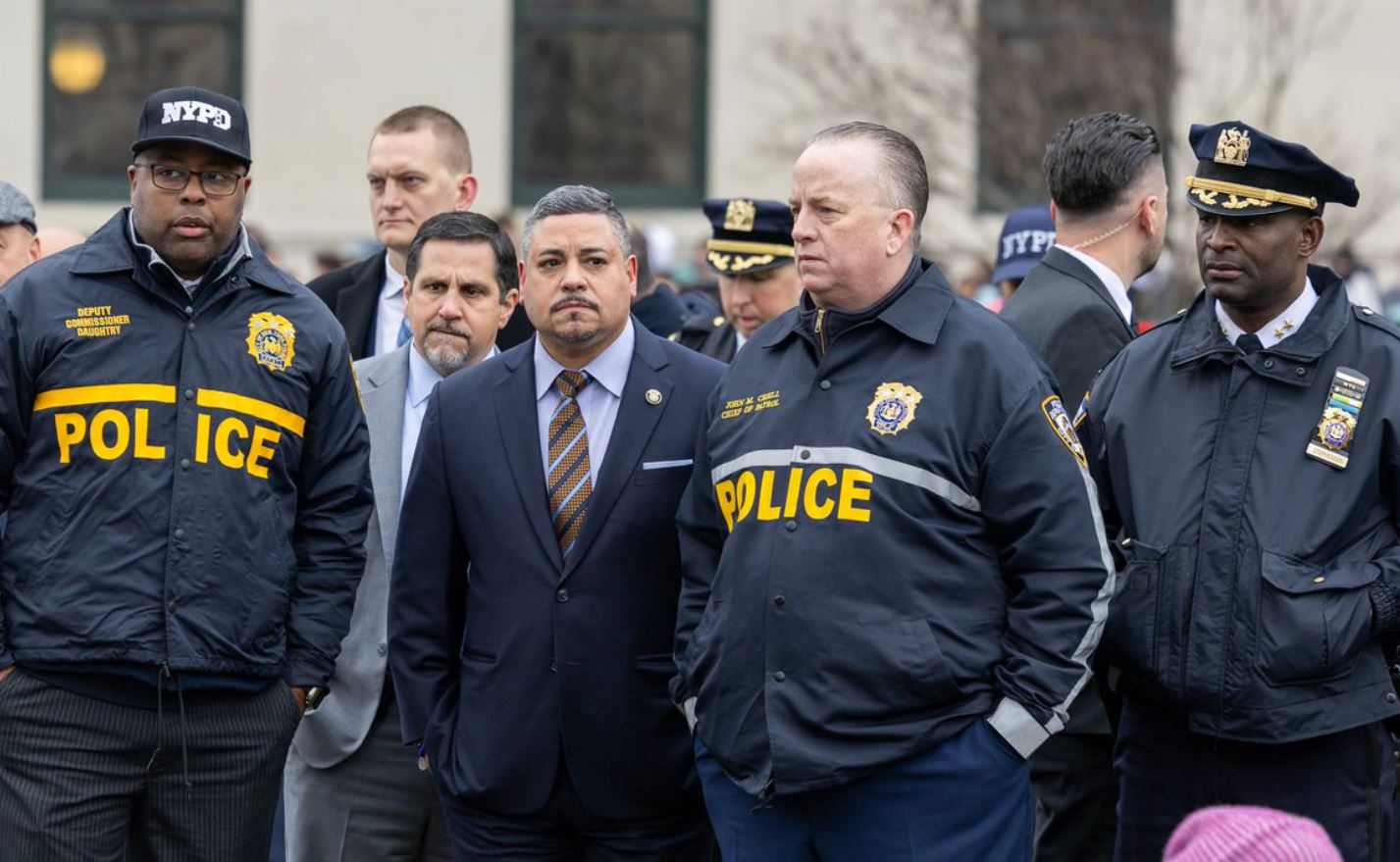The Assembly's Democratic majority this week will call for some restoration of anti-smoking funding after recent cuts drew sharp criticism in a report from the U.S. surgeon general last week, according to a legislative official familiar with the issue.
The official said the Assembly's budget proposal being made public Monday will include a "partial restoration" of funding for smoking cessation programs that are mostly aimed at teens.
The official spoke on the condition of anonymity because the Assembly budget hasn't been released.
Gov. Andrew Cuomo is proposing the latest in a string of cuts that advocates say have been deeper than in most other areas of spending. A majority of Assembly Democrats recently signed on to a letter asking Speaker Sheldon Silver to push to restore the funding and to dedicate revenue from Cuomo's proposed new tax on loose tobacco for smoking cessation. That would bring the program to the level of two years ago.
Local
A spokesman for the Senate's Republican majority wouldn't say whether that chamber's proposal will include the cut.
Cuomo says the reduction is necessary because of the state's continued fiscal difficulties.
Cuomo wants to cut $5 million from the program in his $132 billion budget. The current funding is $41 million, half of what it was in 2008, when the recession and budget cutting began. The Centers for Disease Control says that based on its population, New York should be spending $254 million.
The American Cancer Society notes that New York's cigarette tax, the highest in the nation, brings in $2 billion that state government uses for general operations, not smoking cessation programs.
In addition, Cuomo has proposed the tax on loose tobacco that is expected to bring in $18 million to the general fund. The ACS, American Heart Association and American Lung Association last week urged using that money for television commercials that studies show are effective as well as other proven methods, including nicotine patches and counseling.
"It's a dollar thing; it's cost," Cuomo said last week.
He said the budget-crafting process includes tough decisions about worthy and innovative proposals that lead to the question: "'Now, how do we pay for it?' There's no doubt that whatever we can do to stop teens from smoking we want to do. It's a cost item."
Programs in schools and others targeting youth smokers are "almost completely devastated,'' and Cuomo's funding cut would end chilling TV commercials run by the state in the fiscal year beginning April 1, said Russ Sciandra of the American Cancer Society for New York and New Jersey.
"The surgeon general's opinion is clear," Sciandra said. "New York and every state, really, has an obligation to support these programs."
Almost one in five high school-aged teens smokes, down from earlier decades, but the rate of decline has slowed, the report said.
U.S. Surgeon General Regina Benjamin's report, the first on youth smoking since 1994, focused on the need to stop young people from using tobacco. She said those who start as teenagers can increase their chances of long-term addiction. They also can quickly experience reduced lung function, impaired lung growth, early heart disease and other health problems like asthma.
"We want to make our next generation tobacco-free, and I think we can," she said.
The report highlights that New York once had a model program, but warns "comprehensive community programs, statewide tobacco control programs, school-based policies and programs and mass media campaigns must be a priority."
Copyright AP - Associated Press



